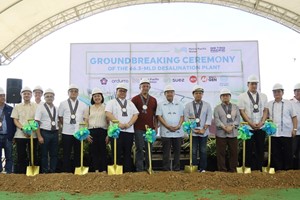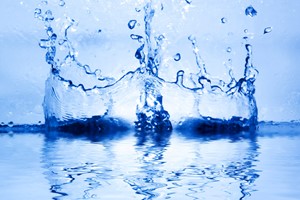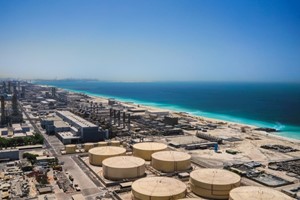Cyprus is actively exploring plans to construct two new desalination plants to address a severe water scarcity crisis precipitated by prolonged drought conditions. Authorities are considering potential locations in eastern Limassol and the Famagusta free area, though both options present significant challenges. In Limassol, land ownership issues complicate the construction process, while potential sites in Famagusta are either protected areas or beaches, further limiting feasible options.
An alternative to building new plants is the potential upgrade of the existing Dekeleia desalination facility. The urgency for additional water production is underscored by current desalination plants generating only 67 million cubic meters of water annually, significantly short of the 106 million cubic meters required for irrigation purposes alone. Furthermore, reservoir levels have plummeted, currently standing at 42%, compared to 66% in the previous year.
A critical meeting between the Water Development Department and the Department of Agriculture is taking place today to discuss strategies for overcoming obstacles associated with the new desalination plants, each projected to cost approximately €80 million. In the short term, solutions being considered include transferring water to critical areas and the potential deployment of mobile desalination units should winter rains fail to materialize.
The agricultural sector remains particularly vulnerable. The Ministry of Agriculture is scheduled to meet with farming organizations on June 7 to discuss immediate solutions. Farmers, already informed of water rationing earlier this year, may be forced to abandon crops without significant rainfall.
In pursuit of a long-term solution, a €1.17 billion national investment plan launched in February aims to enhance water security through integrated irrigation and water supply infrastructure projects. Additionally, financial programmes are available to assist farmers in adopting smart irrigation systems and conserving water.












